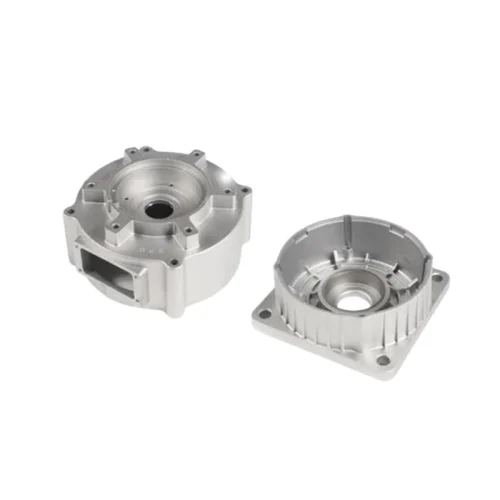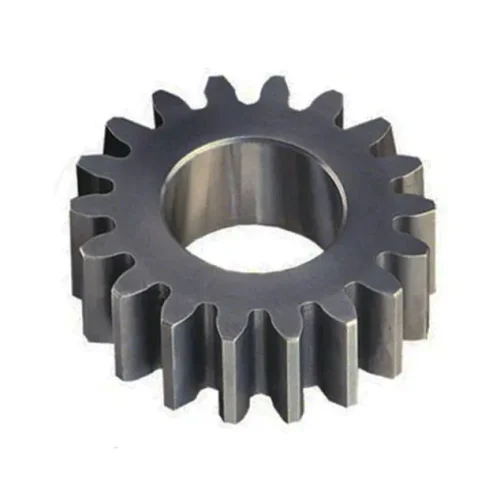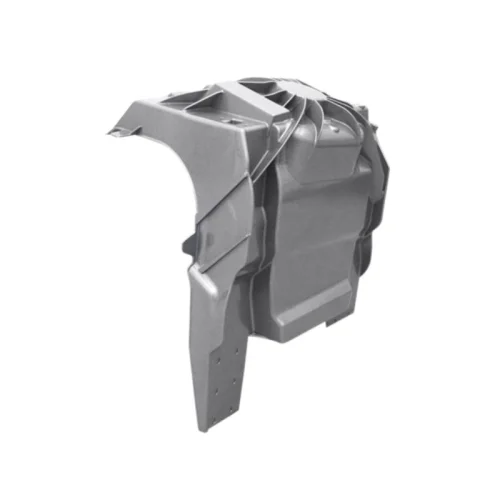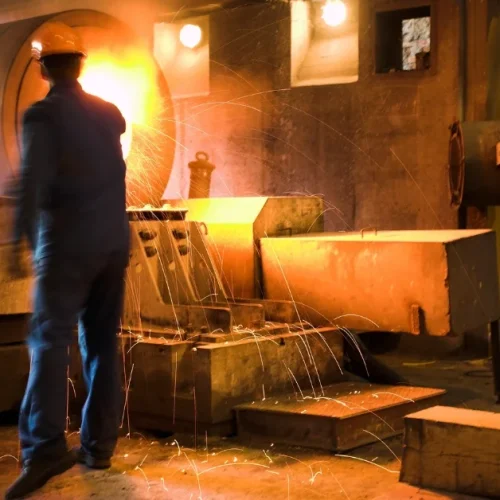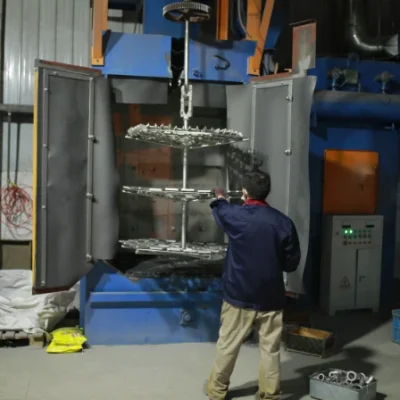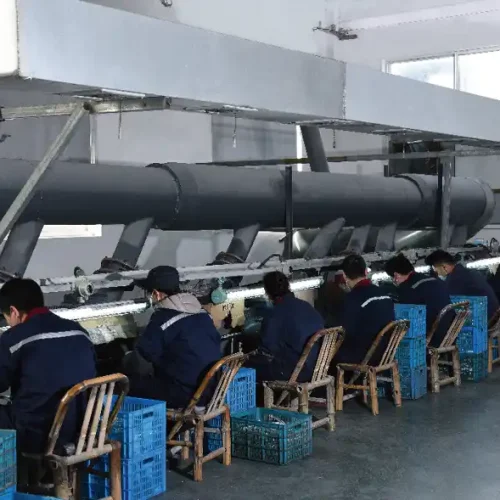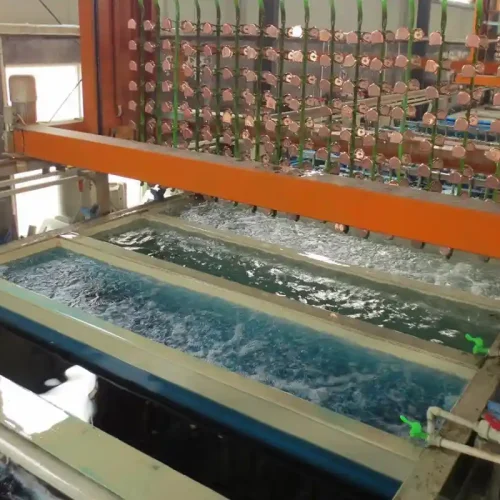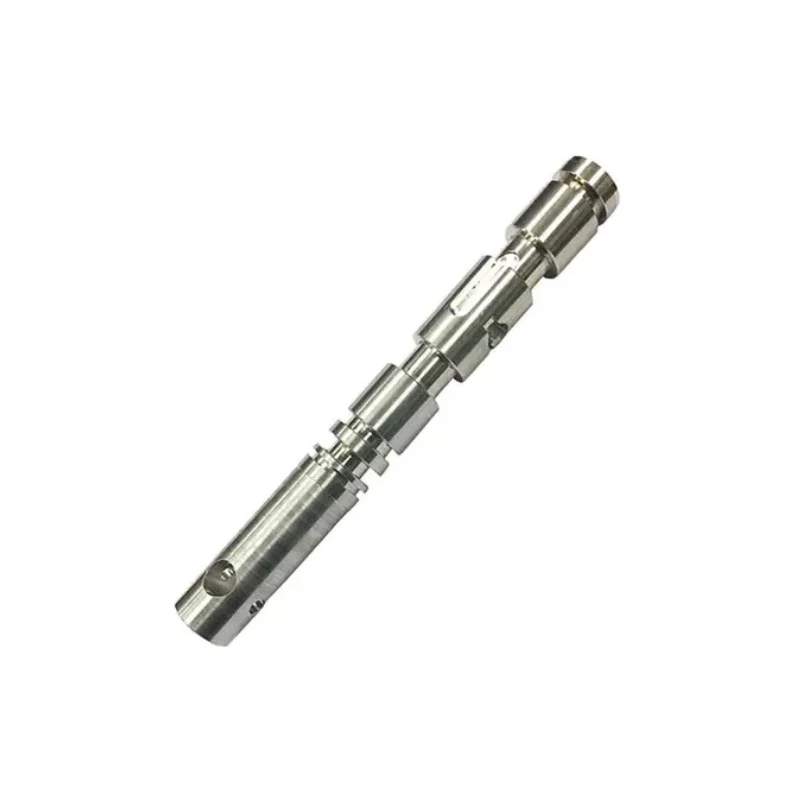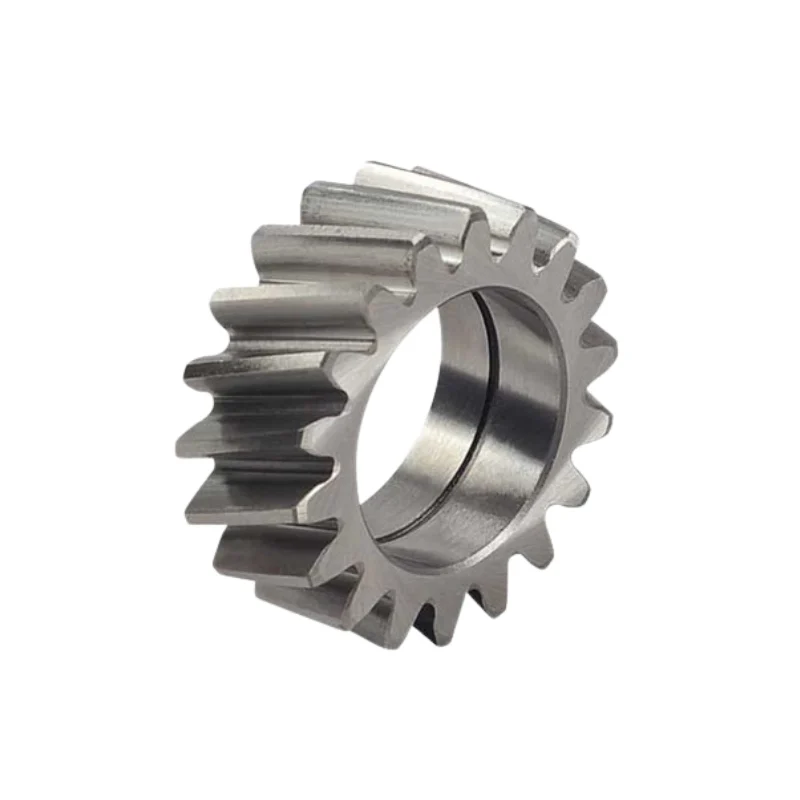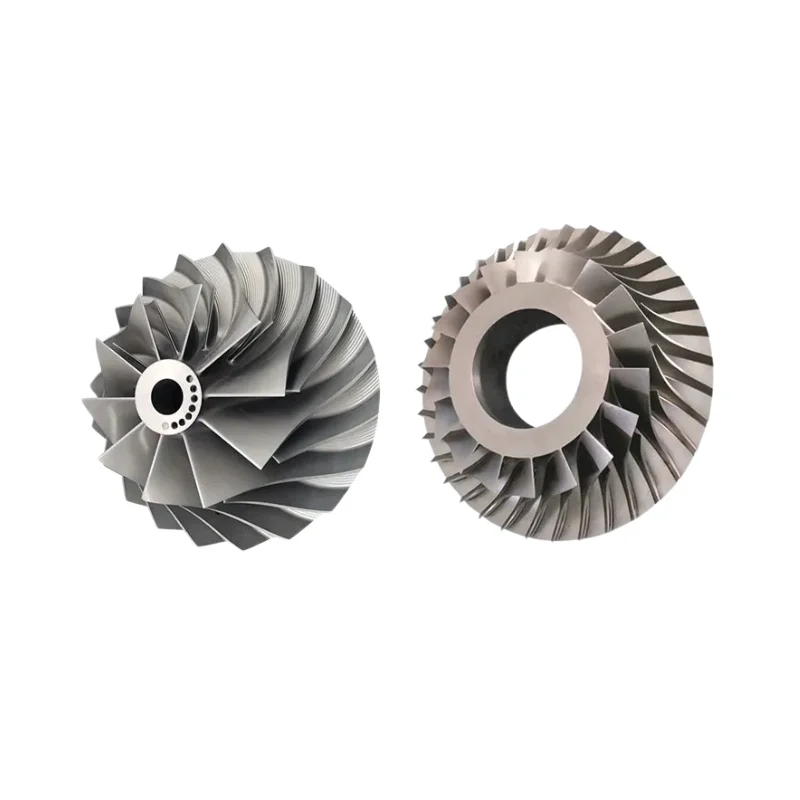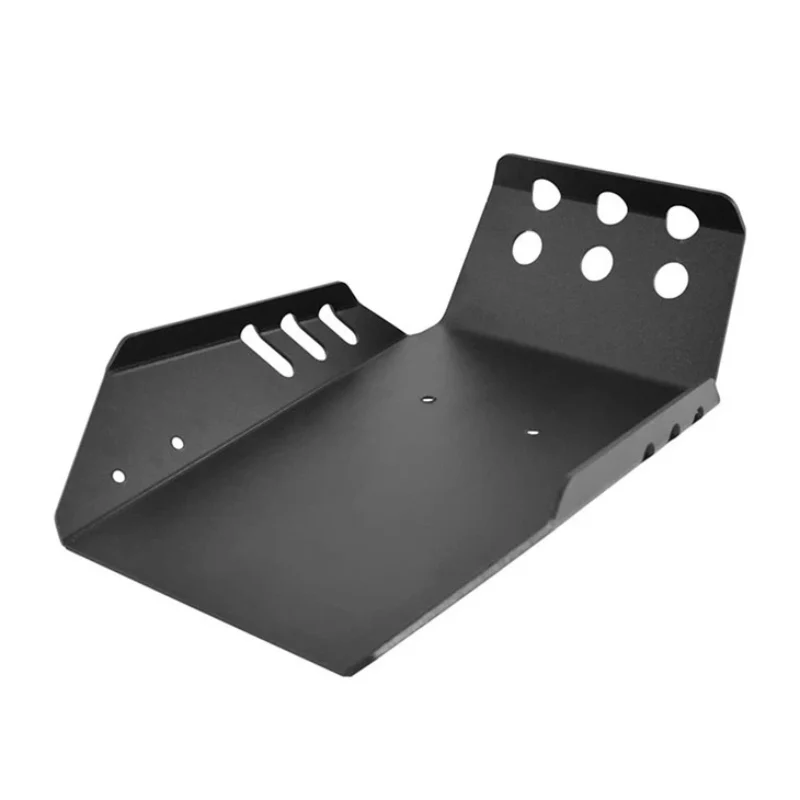Precision Steel Casting Parts Supplier
Casting is an essential manufacturing technology for the mass production of precision metal parts. At HDC, we specialize in providing tailored high performance steel castings for industries where strength and precision are important.
With over 10 years of expertise, the advanced casting production line, and ISO 9001-certified quality control, HDC delivers cast components that excel in durability, precision, and cost-efficiency. Contact us today and get a free quote within 24 hours.
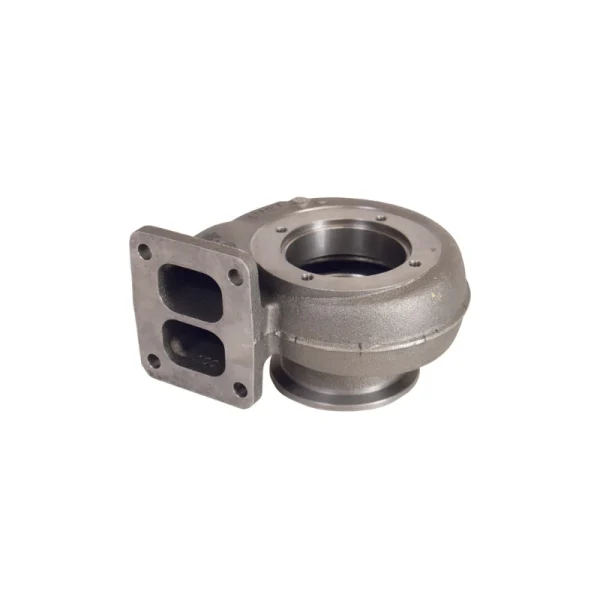













Types of Steel Casting Parts
With more than 10 years of forging experience, HDC has provided high-quality forgings to thousands of customers, mainly serving the automotive and motorcycle industries.
Casting Steel Materials
HDC provides comprehensive steel grades for casting. We can also tailor materials for the specific application. Here are some of the most commonly used steel grades.
Available Grades:
- ASTM A27: A27 is a low-carbon steel with a carbon content below 0.25%. Its advantages are lower cost and higher formability, suitable for large components and common universal components like flanges and brackets.
- ASTM A216: A216 can work in a wide temperature range from -29°C to 425°C. In addition to this, it has high compressive strength. These qualities make it ideal for casting high-pressure valves and pump bodies.
- ASTM A352: A352 has excellent toughness at low temperatures (below -46°C), and is widely used in valves, tanks and other components of LNG carriers and cryogenic storage equipment.
Available Grades:
- SUS 304 (ASTM A351 CF8): 304 is a non-magnetic stainless steel. it has excellent corrosion resistance, with good fluidity in the liquid state, making it suitable for casting precision thin-walled castings.
- SUS 316 (ASTM A351 CF8M): 316 adds 2% to 3% molybdenum on the basis of 304, which makes it have better chloride ion corrosion resistance than 304, so it is often used in the marine field.
- SUS 410 (ASTM A743 CA15): 410 is a martensitic stainless steel, which has a lower cost than austenitic stainless steels such as 304,316. It has high strength and can be further improved by heat treatment, making it an ideal material for high-stress castings.
- SUS 2205 (ASTM A890 4A): 2205 is a duplex stainless steel, which is twice as strong as 304, and is suitable for high chloride environments such as seawater and chemical industry.
Available Grades:
- ASTM A217: A217 is a low-alloy steel containing a small amount of chromium and molybdenum, which has the characteristics of high temperature resistance (≤593°C), high pressure, and creep resistance.
- ASTM A297: As a heat-resistant steel, A297 is resistant to oxidation and hot corrosion at extreme high temperatures (≤1150°C), making it suitable for high-temperature scenarios such as industrial furnaces and combustion equipment.
Learn More
Post Process for Steel Castings
The surface treatment of castings is an indispensable step, and HDC offers you the following commonly used finishing options.
Types of Casting Process
HDC selects the casting process according to customers’ requirements or based on the product characteristics. Below are some commonly used casting processes we can offer:
- Investment Casting (Lost Wax Casting): High precision, good surface quality, but with relatively high upfront costs, suitable for casting extremely complex high value-added parts.
- Die Casting: The highest precision casting method, but the casting strength is not high, is often used in the casting of shells. At the same time, the mold cost is high, and it is more suitable for large-scale production.
- Sand Casting: Low cost, low precision, suitable for all cast steel, commonly used for rough casting of large parts.
Why Choose HDC
Customization Options: All aspects of casting parts can be customized to satisfy specific requirements, from casting processes, material, finishes, to packing.
One Stop Solution: We provide full process support, from design, manufacturing, assembly, packaging, to shipping, providing customers with a comprehensive one-stop service.
Competitive Price: As a full-process self-owned foundry, we can offer more competitive prices. For mass production, we can offer you additional discounts.
Fast Turnaround: With multiple casting production lines, we offer fast prototyping and can fast turnaround big orders.


More About HDC






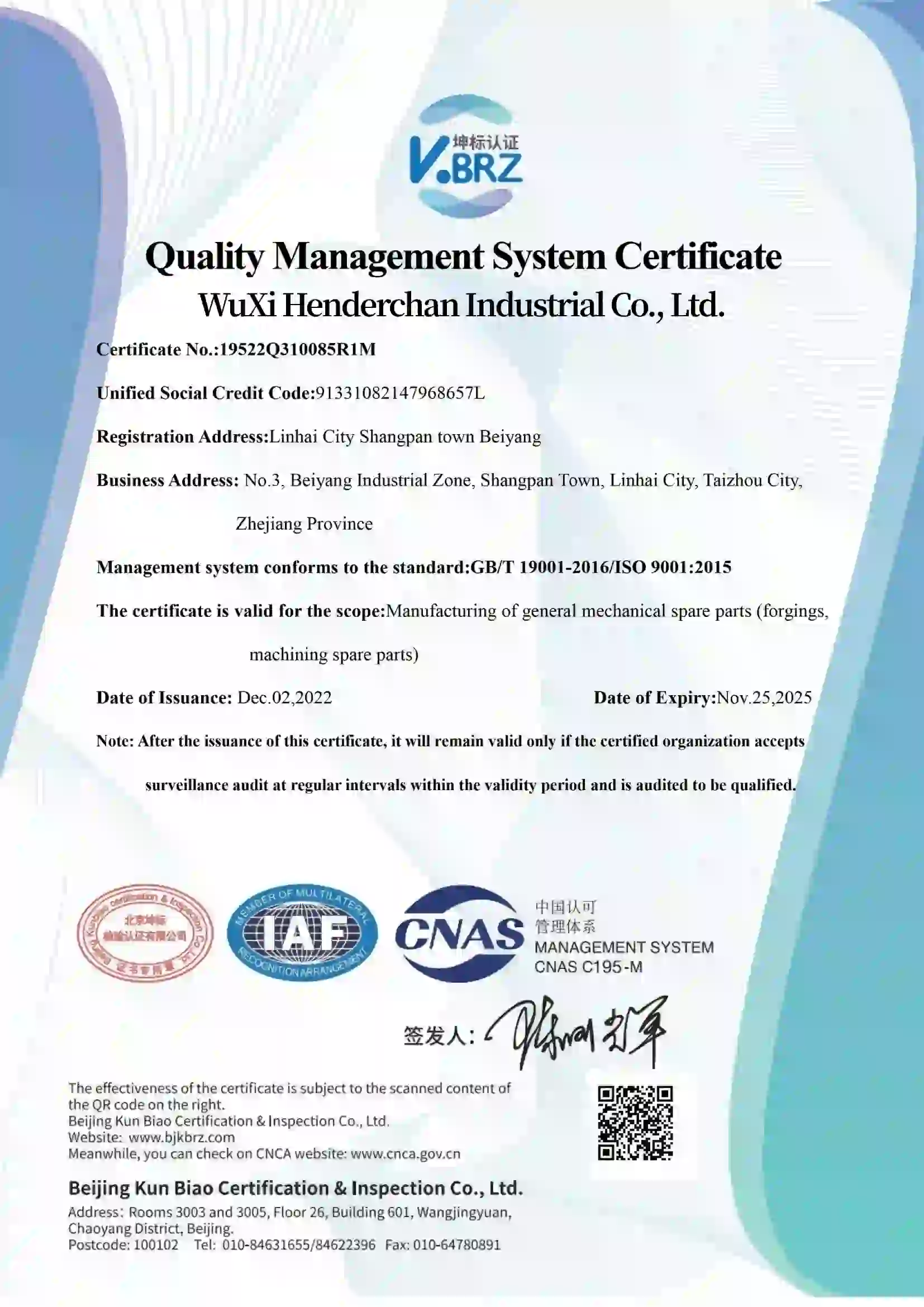

| Equipment | Specifications | Quantity |
| Wax Injection Machines | – | 5 |
| Vacuum Melting Furnaces | 50kg, 100kg capacity | 2 |
| Medium Frequency Induction Furnaces | 250kg (2 units), 100kg (1 unit) | 3 |
| Shell Baking Furnaces | – | 2 |
| Heat Treatment Furnaces | – | 2 |
| Shot Blasting Machines | – | 5 |
| Sand Blasting Machines | – | 2 |
| Spectrometer | SPECTRO Germany, 5th Gen. Direct-Reading | 1 |
| Tensile Testing Machine | – | 1 |
| Power Supply System | 630kVA Box-type Transformers | 2 |
Customization Products With a Simple Quote!
Yes, we provide prototypes according to your requirments.
Yes, we have the ability to manufacture molds for casting parts.
Yes, all casting processes need an MOQ.
Yes, we offer discounts for mass production. The specific discount rate needs to be discussed accordingly.
Yes, all customers are welcome to see our factory. Don't hesitate to get in touch with us in advance to get an appointment.
Cast steel combines high strength, excellent toughness, and flexible heat treatment capabilities. With a tensile strength of more than 1500 MPa, it is significantly better than cast iron, especially under shock loads or at low temperatures. By adjusting the carbon content and adding alloying elements (such as chromium, nickel, molybdenum), the wear resistance, high temperature resistance or corrosion resistance of the cast steel can be customized to meet different needs.
In the casting process, although steel has a higher melting point and weaker fluidity compared to cast iron, complex or large components can be molded directly by optimizing the gating system design and using computer simulations for defect control. Combined with near-net shape technology, we can significantly reduce processing costs.
In addition, after casting, the properties of steel can be further improved by heat treatment such as quenching and tempering, while cast iron is difficult to achieve the same strength due to the limitation of graphite form. The final steel castings have both high strength and extreme environment resistance, and have become the core manufacturing solution for high-end equipment in energy, transportation, aerospace and other fields.


